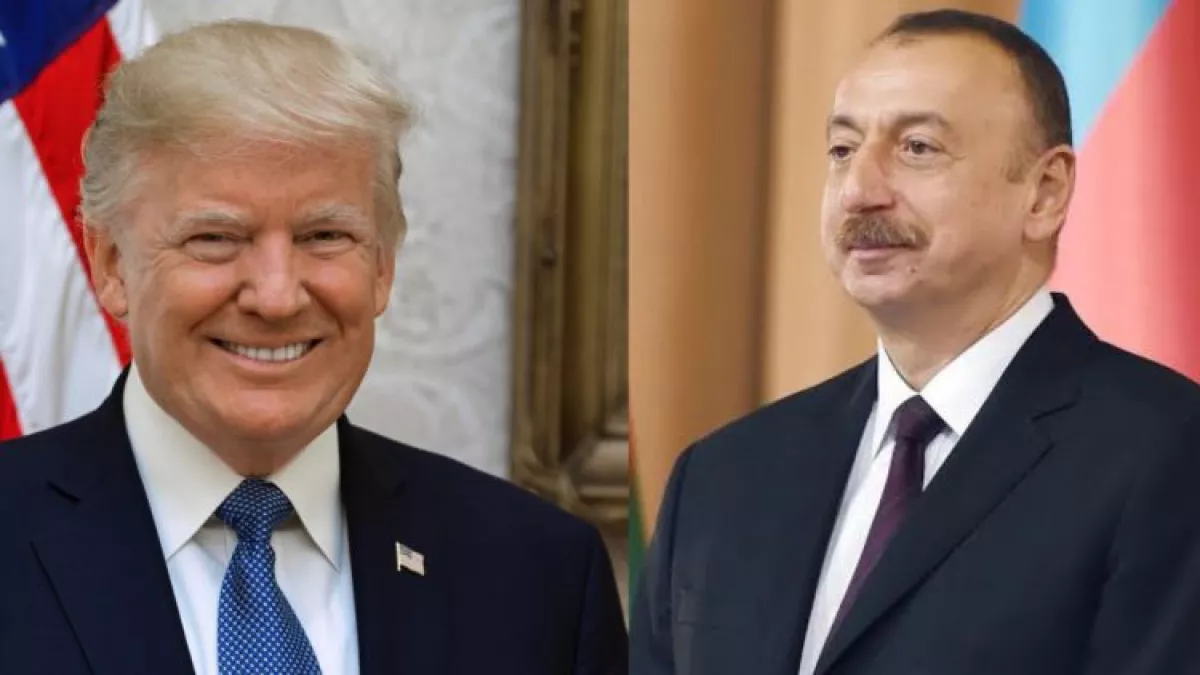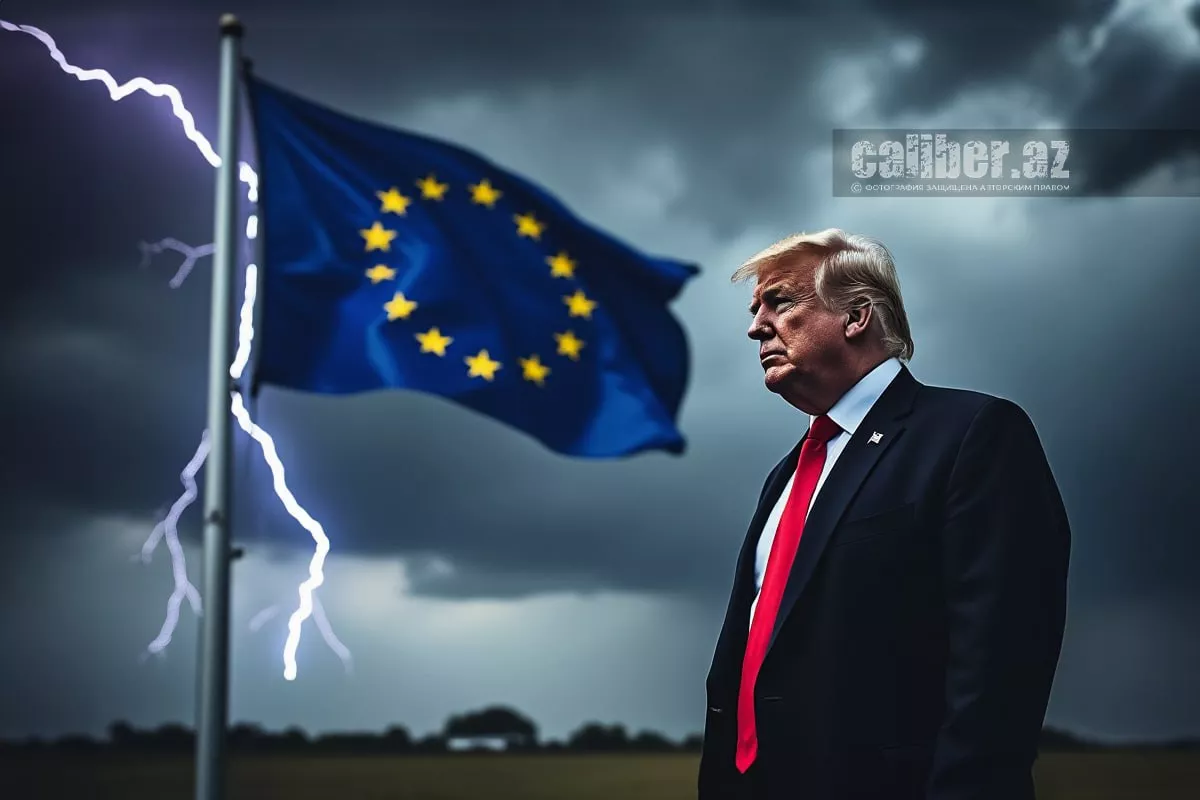Trump steers US away from war, reasserts global leadership Europe in panic, Russia under siege
The 2012 report of the US National Intelligence Council forecasted the end by 2030 of the era of American dominance in international politics. It was specified that although the US is likely to remain "first among equals" among the great powers, Washington would cease to be the "global policeman," as "power will shift to networks and coalitions in a multipolar world." Within these changes, a wide range of instruments of warfare will emerge, such as precision strike weapons, acts of cyber and bioterrorism, and others.
Of course, we won’t speculate whether US President Donald Trump is familiar with this document, and there are still five years left until 2030. But we can agree that, at present, the steps he has taken on the international stage demonstrate the United States’ world leadership. As a result, even his opponents are forced to acknowledge—albeit grudgingly—that what is happening largely corresponds to nearly all points of Trump’s election programme, including, for example, the economic sphere (such as the angle on trade tariffs) and the military one (NATO allies’ agreement to increase defence spending to 5% of GDP by 2035). In the military dimension, it is also evident how a number of events in recent months have confidently demonstrated the US’s primacy in the world in this area, including in terms of the weapons available in the American armed forces’ arsenal.
Regarding the term “global policeman” from the report referenced at the beginning of this piece, it is simply worth noting that Trump has changed its tone, which is confirmed by his adherence to the promise to stop flooding the world’s “hot spots” with American troops. The nuance here, however, is that Trump’s steps aimed at ending major conflicts are helping to realise this stance.

As stated less than two weeks ago during a meeting with participants of the 3rd Shusha Global Media Forum, Azerbaijani President Ilham Aliyev noted that Donald Trump is the only US president who did not start wars, and during his relatively short time in office, he has distinguished himself as a leader who ends military conflicts. In this context, the head of state also highlighted Trump’s efforts to help Azerbaijan and Armenia reach an agreement.
At the same time, President Ilham Aliyev emphasised that with Trump’s return to the Oval Office, the US-Azerbaijan relations—damaged during the Biden administration—have begun to be restored, revealing significant potential for a lasting partnership, thanks to their rich history.
In this regard, it is worth noting that in his congratulatory message to President Aliyev and people of Azerbaijan on Independence Day this year, Trump expressed hope for continued cooperation on bilateral priorities, including security, energy, and, more broadly, economic frameworks.
At the same time, Trump’s attitude toward resolving confrontational issues in the world became evident through his positive gesture during the recent India-Pakistan confrontation, sparked by yet another aggressive wave from New Delhi against its geographical neighbour. Alongside this were the moves by the White House leader aimed at ending the war in Ukraine, which face opposition both in Brussels and Moscow. Notably, the military dimension itself became the reason for Trump’s sharp reprimand of Russia, including his statement of a time frame for ending the bloody conflict and the possibility of intensifying anti-Russian sanctions.
According to many analysts, it is precisely these kinds of messages sent by Trump into the global arena that clearly demonstrate the significant difference today and now in the geopolitical weight of the United States (on one side) compared to Russia and the European Union (on the other). Specifically, experts—with a sarcastic smile—comment on the attempts of Russian and European politicians to label these regions as “great.”

This nuance, whether one agrees with it or not, perfectly illustrates how Trump has reshaped the geopolitical map of the world. Above all, it highlights the political weakening of these regions. At the same time, Trump openly exposes the weakness and shortsightedness of those political leaders who, to put it mildly, did not take him seriously—specifically, French President Emmanuel Macron and Indian Prime Minister Narendra Modi with his Islamophobic stance.
In the European context, observers have also noted a gradual political weakening of the continental neoliberal segment. However, this result should probably not surprise anyone, as a similar situation had already become a reality in the United States itself. One of the reasons cited is Trump’s initial commitment to preserving traditional values, which was undoubtedly highlighted by his open rejection—as a US presidential candidate—of the opening ceremony of the 2024 Summer Olympics, which he called “a disgrace.” As he put it then, “I thought that the opening ceremony was a disgrace, actually.”
Thus, although Trump has used the slogan “Make America Great Again” less frequently, he is steadily pursuing actions aimed at fulfilling this slogan. It is no coincidence that recently he stated that if “one year ago, America was a dead country, now it is the 'hottest' country anywhere in the world.” According to many observers, the next steps will be the resolution of the Russian-Ukrainian war and conflicts in the Middle East.








